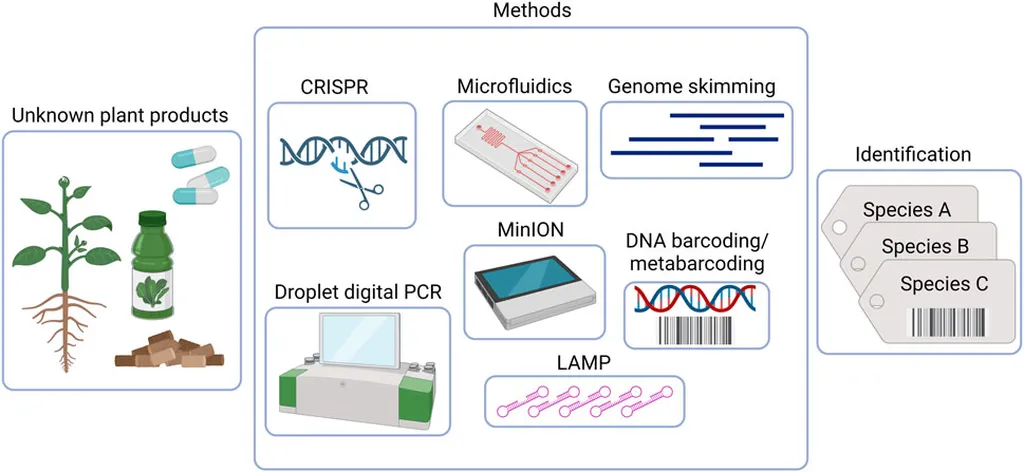In the quest to reduce antibiotic use in animal farming, researchers are turning to nature’s own pharmacy. A recent study led by Georgios Magklaras from the Laboratory of Animal Science, Nutrition and Biotechnology at the University of Ioannina, Greece, has explored the potential of Greek medicinal plants to enhance the health and meat quality of weaned pigs. The findings, published in the journal ‘Applied Sciences’ (translated as ‘Practical Sciences’), offer promising insights for the agricultural sector.
The study focused on a phytobiotic mixture (PM) composed of oregano essential oil, rock samphire essential oil, garlic flour, and false flax flour. This blend was incorporated into the diets of weaned pigs at two different concentrations of oregano essential oil. The research team aimed to evaluate the effects of these plant-based additives on the pigs’ performance, health, and meat quality.
After a 43-day feeding period, the researchers observed no significant differences in body weights and growth rates among the groups. However, the microbial analysis of intestinal digesta revealed notable changes. “We detected an increase in total aerobic bacteria in the ileum of pigs fed the lower concentration of oregano oil,” Magklaras explained. “Conversely, the higher concentration reduced Escherichia coli counts, suggesting a dose-dependent effect on gut microbiota.”
The study also highlighted improvements in meat quality. The addition of the phytobiotic mixture significantly enhanced the oxidative stability of the meat, reducing lipid peroxidation indicators like malondialdehyde (MDA). This is a crucial finding for the meat industry, as oxidative stability directly impacts meat shelf life and quality. “The fatty acid profile of the meat was also positively modified, which could contribute to healthier meat products,” Magklaras added.
The color characteristics of the meat were also affected, with changes in redness, yellowness, and lightness observed in different cuts. These visual attributes are essential for consumer acceptance and marketability.
The implications of this research are far-reaching. As consumer demand for sustainably and naturally produced meat grows, the use of phytobiotic mixtures could become a standard practice in animal farming. This approach not only addresses the challenges of reduced antibiotic use but also enhances the overall quality of meat products.
Magklaras and his team’s work underscores the potential of indigenous raw materials in modern agriculture. By harnessing the power of medicinal plants, farmers can improve animal health and meat quality while meeting consumer preferences for natural and sustainable products. As the agricultural sector continues to evolve, such innovative solutions will be crucial in shaping the future of meat production.
This research, published in ‘Applied Sciences’, opens new avenues for exploration in the field of animal nutrition and health. It serves as a testament to the value of integrating traditional knowledge with modern scientific methods to address contemporary challenges in agriculture.

